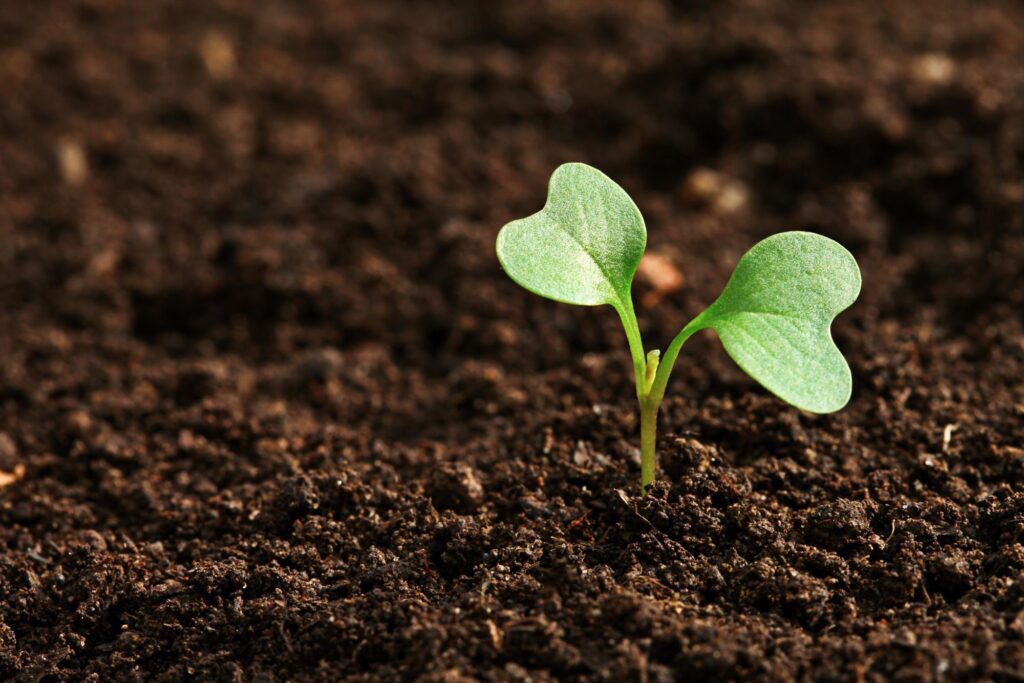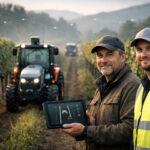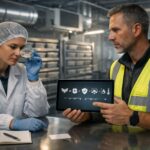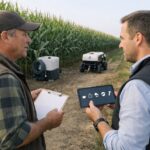Qualterra, an Eastern Washington-based agricultural technology company, has recently raised $4.5 million to expand its innovative operations. Specializing in converting organic waste into biochar—a substance that enhances soil health and sequesters carbon—Qualterra is poised to revolutionize sustainable agriculture. The new funding will facilitate the launch of biochar carbon credit sales and the expansion of their plant production capabilities.
Table of Contents
ToggleThe Role of Biochar in Sustainable Agriculture
Biochar is a charcoal-like material produced through pyrolysis, where organic matter is heated in a low-oxygen environment. Historically utilized by ancient Amazonian civilizations, biochar is gaining modern recognition for its environmental benefits. When integrated into soil, biochar improves fertility, supports beneficial microorganisms, reduces irrigation needs, and sequesters carbon for centuries, thereby playing a significant role in climate change mitigation.
Qualterra’s Technological Innovations
At the heart of Qualterra’s operations are their patented Biomass Processing Units (BPUs). These modular, scalable systems convert various agricultural and forestry wastes—such as wheat straw, timber residues, and orchard debris—into high-quality biochar and renewable energy. Designed for versatility, BPUs can process up to 20 different types of feedstock, offering a sustainable solution for waste management and soil enhancement.
Expansion and Increased Production Capacity
To meet growing demand, Qualterra has acquired a 297-acre horticulture greenhouse campus in Mabton, Washington. This state-of-the-art facility includes seven acres of controlled-environment greenhouses, a 63,000-square-foot warehouse, and a tissue culture micropropagation laboratory. With these resources, the company plans to increase its plant production capacity tenfold, aiming to cultivate over 15 million plants annually. This strategic expansion aligns with their mission to integrate biochar-enriched soil into large-scale plant propagation, promoting both environmental sustainability and agricultural productivity.

Diversified Agricultural Solutions
Beyond biochar production, Qualterra offers a range of services aimed at bolstering agricultural resilience and productivity. One key service is molecular plant testing, which provides rapid genetic screening for various crop diseases. This includes detection of pathogens such as the “little cherry virus,” a disease that significantly impacts cherry orchards by rendering the fruit small and flavorless. Early and accurate detection through Qualterra’s testing services enables farmers to implement timely interventions, thereby safeguarding their yields and livelihoods.
In addition to diagnostic services, Qualterra specializes in the propagation of disease-resistant nursery plants. Utilizing their state-of-the-art tissue culture micropropagation laboratory, the company cultivates a variety of plants, including apples, cherries, grapes, hops, and roses. By growing these plants in biochar-enriched soil, Qualterra enhances their health and resilience, offering farmers robust and high-quality planting stock. This integration of biochar not only improves plant vigor but also contributes to long-term soil fertility and sustainability.
Market Context and Future Outlook
The ag-tech sector has experienced fluctuations in venture capital investments, with a notable decline from $13.9 billion in 2021 to $6 billion in 2024. Despite this trend, Qualterra remains optimistic about the future. The company is strategically positioned at the intersection of sustainable agriculture and environmental stewardship, areas that continue to attract interest and funding. By combining biochar production, molecular plant testing, and large-scale plant propagation, Qualterra offers a comprehensive suite of solutions that address both agricultural productivity and climate change mitigation.
Looking ahead, Qualterra plans to leverage its recent $4.5 million funding to not only expand production but also to launch the sale of biochar-based carbon credits. This initiative aims to provide an additional revenue stream for the company and its clients, incentivizing the adoption of sustainable practices. Moreover, with the expansion into the Mabton greenhouse campus, Qualterra is set to more than double its workforce, reflecting its commitment to innovation and growth in the ag-tech industry.
Conclusion
Qualterra’s multifaceted approach to sustainable agriculture—encompassing biochar production, molecular plant diagnostics, and the cultivation of disease-resistant plants—positions it as a leader in the field. The recent funding and expansion efforts underscore the company’s dedication to providing scalable solutions that enhance soil health, improve crop yields, and contribute to carbon sequestration. As the agricultural sector continues to navigate the challenges of climate change and resource management, Qualterra’s innovations offer a promising pathway toward a more resilient and sustainable future.




